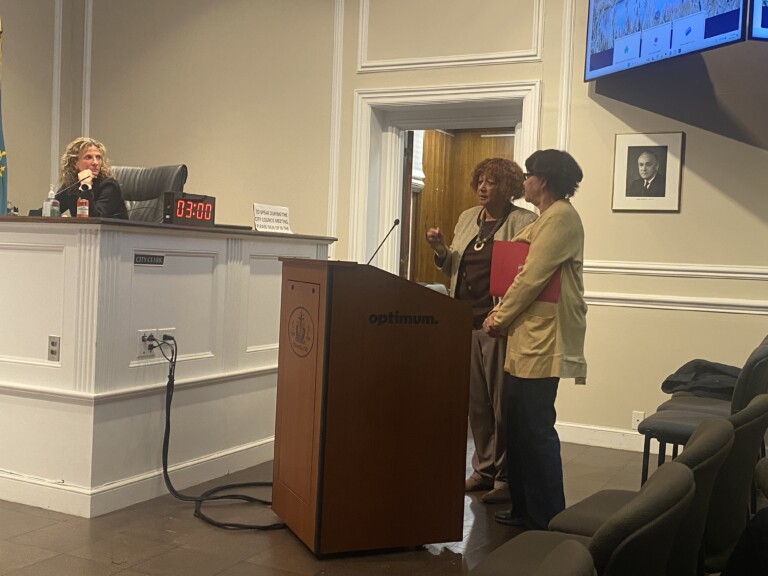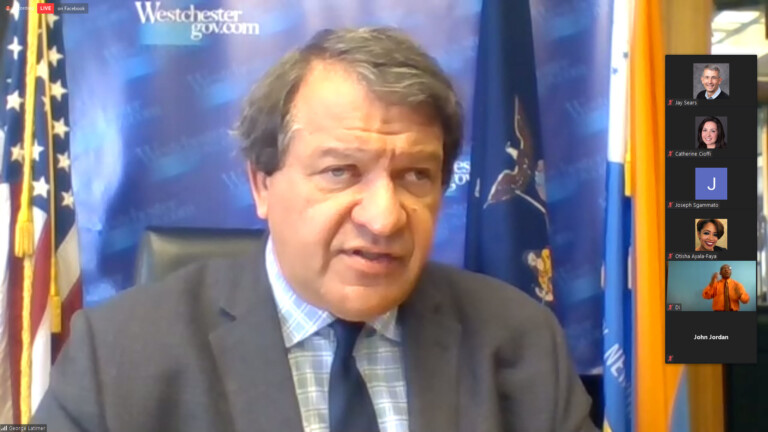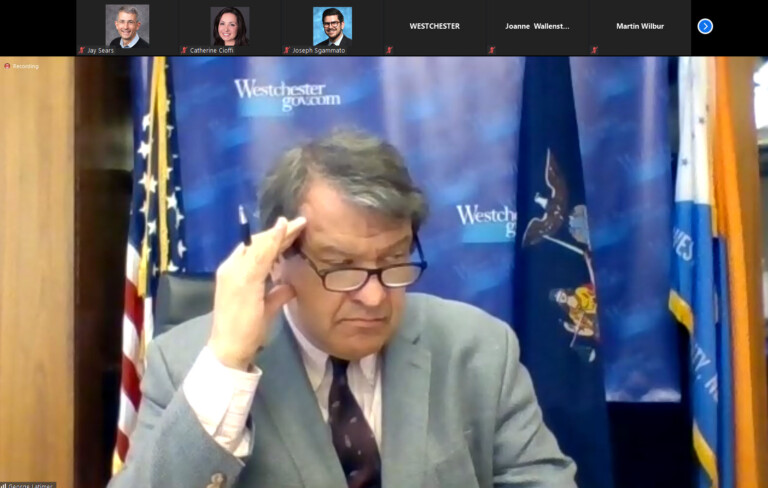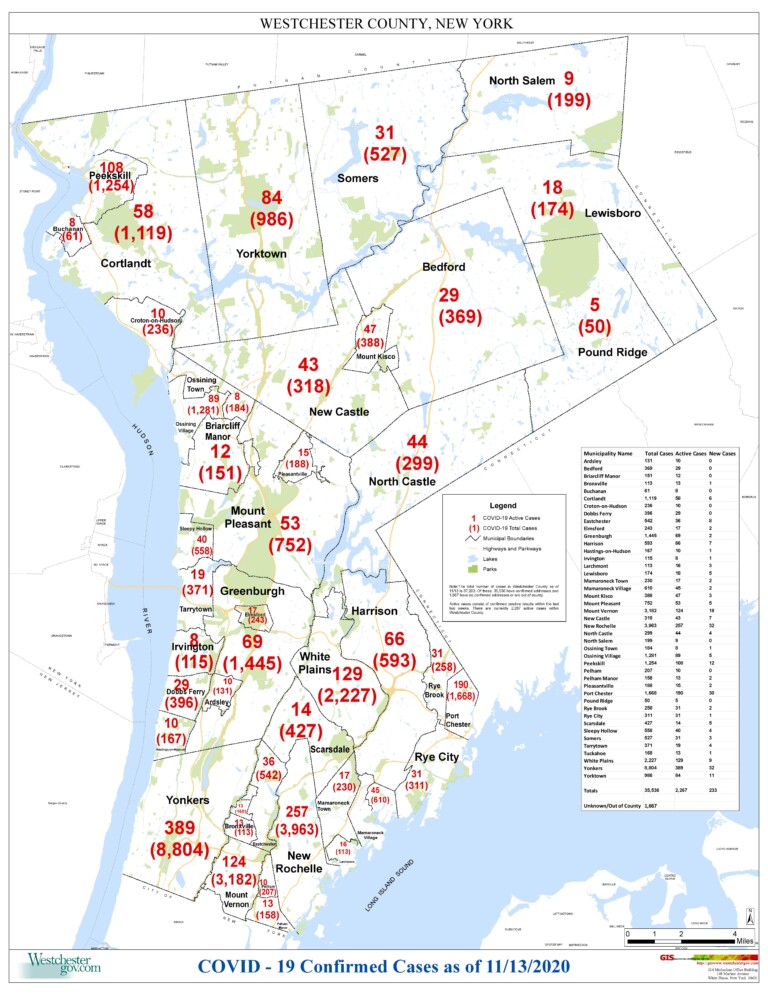Holding Court: Workers’ Comp
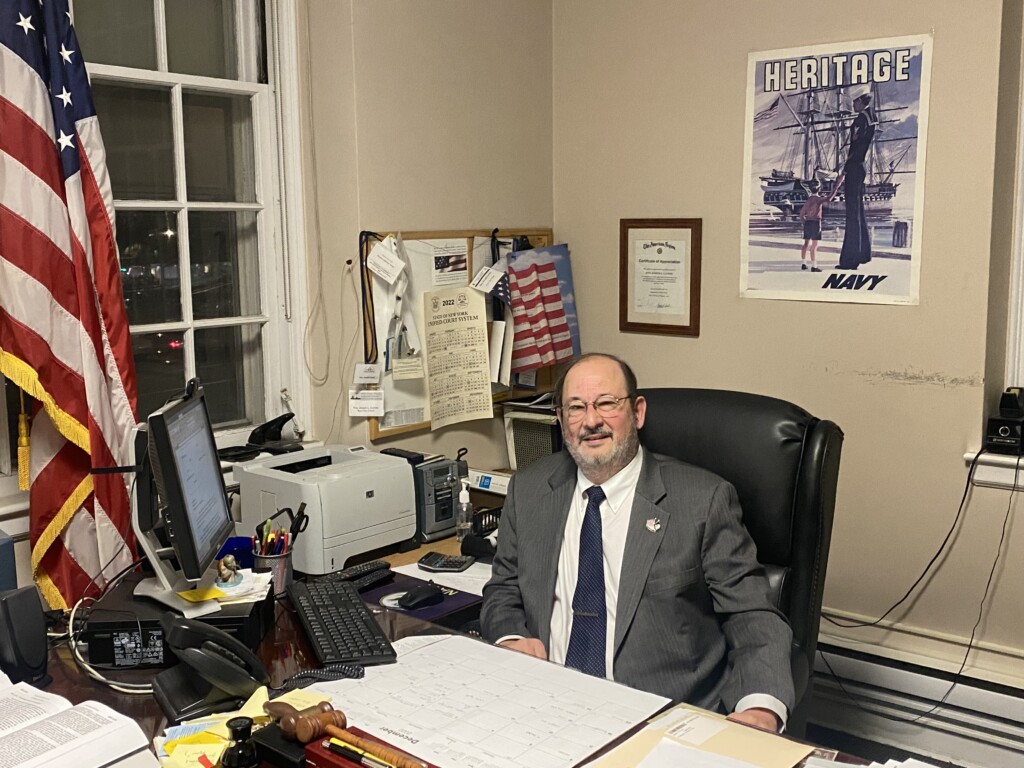
Holding Court is a series by retired Rye City Court Judge Joe Latwin. Latwin retired from the court in December 2022 after thirteen years of service to the City.
What topics do you want addressed by Judge Latwin? Tell us.
By Joe Latwin
You can recover, but you can’t sue!
You cannot sue your employer or a co-worker for an on-the-job injury that was caused by their negligence – you can only file a claim for workers’ compensation benefits. What is an on-the job injury?
The purpose of the Workers’ Compensation (“WC”) Law is to protect workers and their dependents from want in case of injury on the job. To that end, the WC Law establishes a broad scheme of compensation intended to ensure a swift and sure source of benefits to injured employees, including in circumstances where an employee might not be able to obtain relief through a common law tort action. If you are covered by WC, you generally cannot sue your employer.
A former employee of a hospital entered the hospital wearing a doctor’s white medical coat, under which he hid a loaded rifle, ammunition magazines, and a juice container filled with gasoline. He went to a non-public area, where Timperio was working as a first-year resident. The former employee opened fire, killing one doctor and wounding five members of the medical staff—including Timperio—before killing himself. The former employee and Timperio were strangers to each other.
The hospital attempted to have the case dismissed claiming it was precluded by the Workers’ Compensation (“WC”) Law. The federal court refused to dismiss the case holding that Timperio’s injuries were not compensable under WC Law because “there [was] no evidence suggesting that the shooting originated in work-related differences”. Later, a WC Law Judge determined that Timperio’s injuries were compensable under the WC Law Timperio appealed to the WC Board, which affirmed the decision. The Appellate Division reversed.
To be compensable under the WC Law, an injury must have arisen “out of and in the course of a [worker’s] employment” and that under WC Law an injury that arose in the course of employment is presumed to have arisen out of employment as well.
The presumption is rebuttable by “substantial evidence” establishing that it was not the workplace itself that exposed the employee to harm. But where the assault occurs in the course of employment and there is no evidence as to its motivation, the presumption is triggered and is not rebutted.
The Court of Appeals found that it was undisputed that the assault on Timperio occurred in the course of his employment, thereby triggering the WC Law presumption and the record included no evidence of the motivation for the assault or any indication of a prior relationship between the assailant and the claimant, that they ever worked together, did not know each other, and had no prior communication.
Thus, Timperio was entitled to Workers’ Compensation benefits, but could not sue his employer – the hospital.
Curiously, I met a doctor who had practiced medicine at that hospital. He told me that shootings at the hospital were not uncommon. He said he treated numerous gunshot wounds, and a number of patients were armed. And I always thought a hospital was a place you went to get better!

